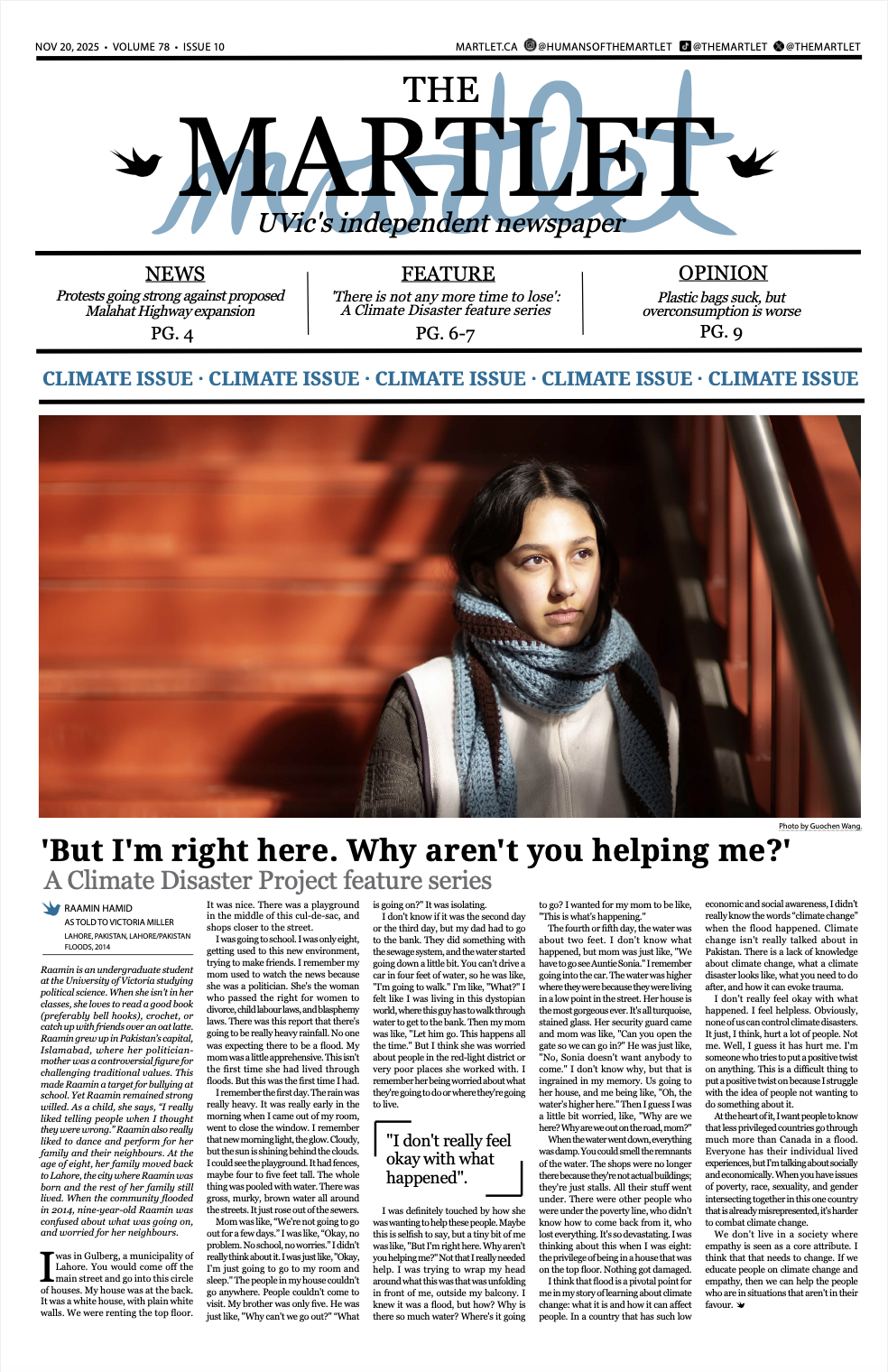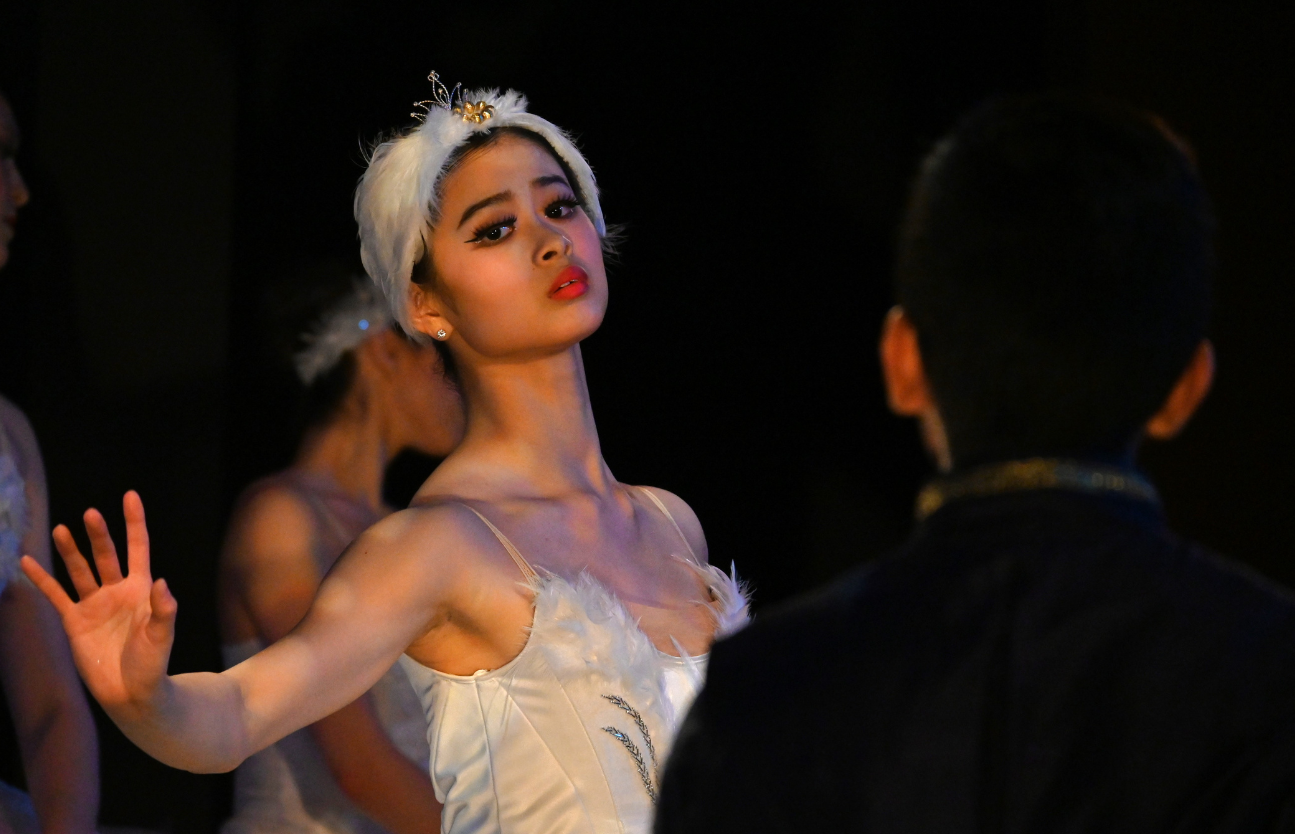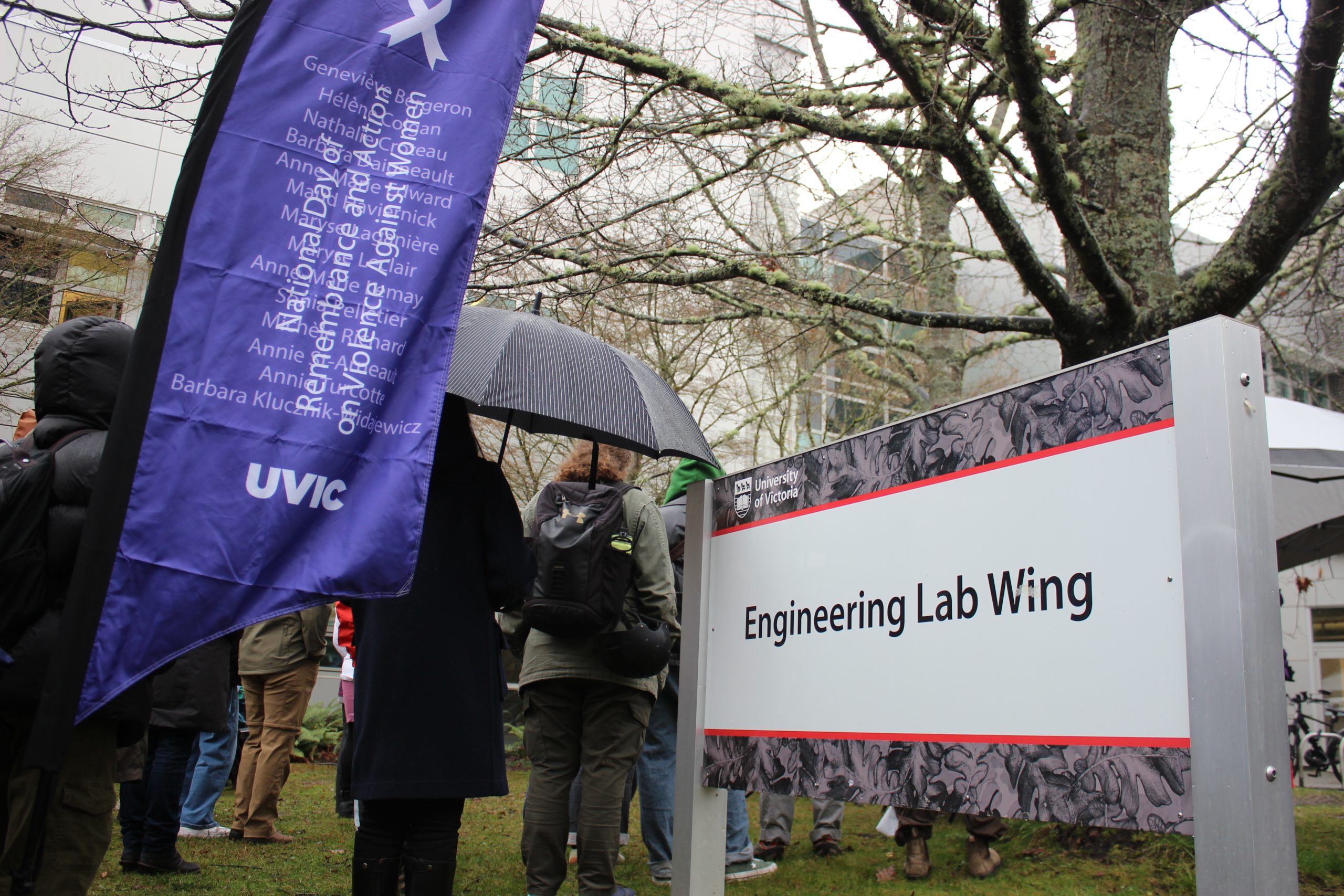After three months of mostly peaceful protesting and several days of violent repression, the one-time president of Ukraine, Viktor Yanukoych, has abruptly abandoned his post in favour of safer havens. Slow and ineffectual in his response to the Euromaidan protestors who have occupied Kiev since Nov. 21, Yanukovych unleashed violence against opposition groups. Only a day later, the president had left his lavish mansion to the mobs, fleeing in the face of an outstanding arrest warrant; rumours circled widely on the whereabouts of Ukraine’s leader.
The following Monday, Ukraine’s acting Interior Minister Arsen Avakov speculated that Yanukovych had retreated to a private villa in Crimea, a stronghold of ethnic Russians who supported the $15-billion aid deal with Russia that Yanukovych had worked to broker.
That Crimea would be a safe place for Yanukovych is unlikely—both Russians and the president’s former supporters in his own party have called Yanukovch a traitor and a coward for fleeing the capital. His retreat alludes to the continued troubles of the Ukrainian state even with the removal of Yanukovych’s corrupt government.
Russia is unlikely to give up its say in Ukrainian politics altogether. A December poll showed that 45–50 per cent of Ukrainians supported Euromaidan, but that an equal 42–50 per cent opposed it. Russia has too many interests in its western neighbor—a large population of ethnic Russians, and a historical affinity to its cultural cradle, never mind the home of its Black Sea fleet in Sevastopol—to abandon it entirely. And Putin—ever the KGB Cold Warrior, despite the dawning of a new millennium—continues to see shadows of western influence in every action and reaction of the protesting groups.
For all involved, neither civil war nor a split Ukraine would be beneficial. American National Security Advisor Susan Rice said, “It is not in the interests of Ukraine or of Russia, or of Europe, or the United States to see the country split.” But any other course of action will be expensive. That any new government would focus sufficiently on anti-corruption to please Western backers seems unlikely, especially if the scheduled May 25 elections return the likes of Yulia Tymokhsenko—a rival to Yanukovych who has spent the last two years in jail on charges of embezzlement and abuse of power—to governance.
Should the West attempt to exclude Russia from the peace process (as may be interpreted from the G7 decision to drop G8 talks in condemnation of Russia’s intrusion into Ukraine) and encourage nationalist opposition groups based in the historically westward-focused Lviv to gaze more stalwartly toward the EU, a scorned Russia may undermine the fragile Ukrainian economy by raising gas prices or closing borders. And, in the face of too sudden a reorientation westward, Crimea or Kharkiv, the effective capital of eastern opinion, might rally for autonomous republic status, bringing them closer in toe with the Russian line.
And, on top of the ever-simmering threat of discord and civil war lies the deeply troubled economic state of Ukraine. After all, Euromaidan began over an economic accord with the EU, scrapped in favour of a bailout by Russia. Economic need continues to press Ukrainian lawmakers; repairing Ukraine begins to look like an increasingly expensive project when the national debt includes more than a billion dollars in unpaid gas bills for 2013 alone.
European Council President Herman Van Rompuy has said that the “future of Ukraine belongs with the EU,” and U.S. Secretary of State John Kerry backed Ukraine’s “fight for democracy.” Russian politicians have been equally verbose, calling the new government armed mutineers and terrorists.
Despite the rhetoric, the question now might become who wants Ukraine badly enough to pay for it.








